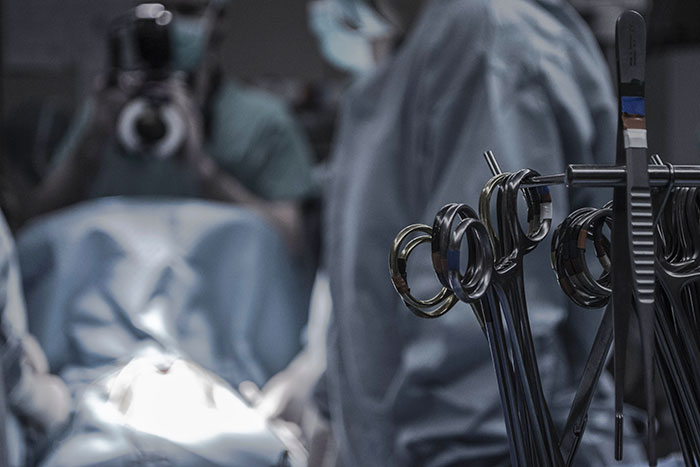
There is no hiding the fact that the current times are not like any we have experienced before. With advice from Governments and local authorities changing on what seems like a daily basis, your employment situation can seem fraught. On top of the current global pandemic, there are still everyday workplace dangers to worry about. If Covid doesn’t take a chunk out of your paycheck, then the possibility of a workplace accident could.
You may have read that workplace accidents in the UK have been on the decrease but when you consider that decline still means that a little under 70,000 accidents were reported to employers last year, you realize that your chances of being hurt at work are still high. When you find out that over 500,000 people self-reported that they were injured at work (meaning their employers had no record of), the prospect of losing out on pay due to no fault of your own becomes even more eye-watering.
Dealing with workplace accidents can be overwhelming, especially if you are relatively new to the workforce or have just started with a new employer. To combat this, we have put together a checklist of what to do should you be hurt while at work.
Are you okay?
When times are tough like these, the first thought that may go through your mind after an accident isn’t necessarily “ow that hurt” but “how am I going to pay the bills”. The first few moments after an accident are vital. Don’t try to bounce back straight away. Take some time to analyze the situation; are you dizzy? Can you move everything? Better to stay on the floor for longer than make any injuries worse by attempting to spring back to your feet. Ask for a first aider or even an ambulance if you think it is necessary. Concussions can be especially damaging and you should always consider medical help if you have had a blow to the head.
Report what has happened
Don’t just tell your manager about an accident, tell your colleagues as well. Not only will it give you back up should your manager deny the accident but it means that your workmates are made aware of something that could potentially harm them too.
Make sure it goes in the accident log
Don’t become one of the over 500,000 people that hurt themselves and say nothing about it. Workplaces have accident logs for a reason: make sure your accident gets reported. Even minor injuries should be reported and followed upon. A record of a sprained ankle caused by a loose piece of carpet provides context and proof of negligence if someone later trips in the same spot and has a more serious injury.
Take pictures of where it happened
If you are seriously injured you may have to ask a trusted work friend to help with this one. Pictures, videos, and even drawings of the place where you were injured are incredibly important should you want to take your accident further (we will get to that in a moment). Ideally, the picture and videos would show any contributing factors to the accident. The purpose of this is to show the reason for your accident should an unscrupulous employer try to cover up or remedy the situation after the fact.
Make notes – lots of them
It’s a sad truth that many workplace accidents can have long-lasting effects. For example, whiplash caused by falls from height can result in numbness, the ringing of the ears, or pain in the neck or shoulders that flares up intermittently long after the actual accident. Similarly to harassment in the workplace, keeping a diary of symptoms and issues that stem from your accident is vital in proving the seriousness of what has happened.
Don’t push through, seek help
On a similar theme; always seek help if issues persist. Go back to your doctor if things don’t improve. If you have the benefit of private medical insurance, ask to be referred to a specialist straight away rather than waiting to see how things pan out. If you are going to take your accident further then a record of the professional opinions you have sought goes a long way to prove the seriousness of your injury.
Consider a claim
We’ve mentioned making a claim a couple of times now so let’s dig into it some more. An accident that was not your fault can seriously impact the quality of your life. You may be unable to work for a period of time while you recover. You may find that you can’t work the same amount of hours that you once did, or even take on the same position.
If your earning potential has been seriously affected we suggest you find a no win no fee solicitor such as thompsons-scotland.co.uk that are well versed in dealing with workplace claims and will not charge you out of pocket for their services. The prospect of paying for ongoing medical treatment that may not be available on the NHS is another excellent reason for pursuing a claim.
We sincerely hope that you never have cause for using this checklist. However, if you do find yourself being injured at work then you will be well equipped to deal with it and simply be able to concentrate on getting better.


